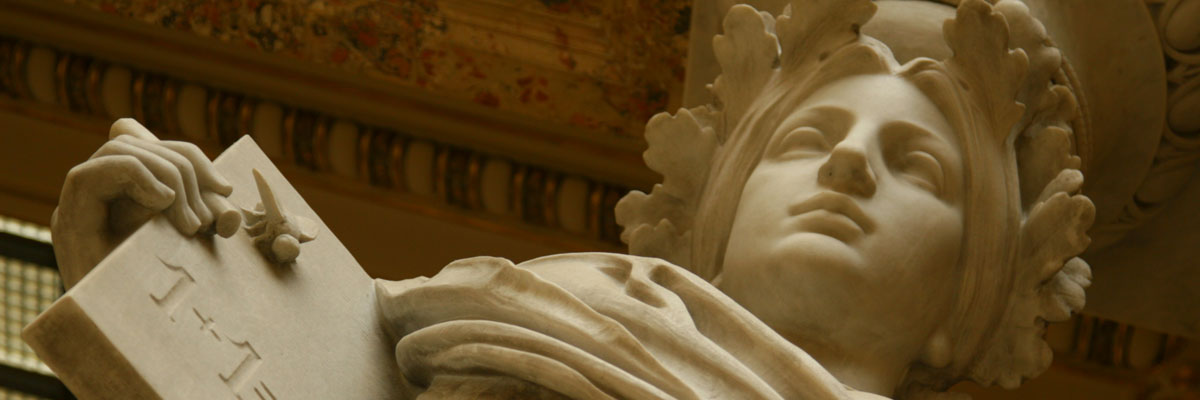
News archive
Search
Selected range: all newsThe Czech Academy of Sciences has awarded British historian Prof. Mark Cornwall the František Palacký Honorary Medal for Merit in Historical Sciences. The expert on 19th- and 20th-century Central European history received the award on 28 March 2022 at the Goethe-Institut in Prague on the occasion of the presentation of the Czech edition of his book, The Devil’s Wall, in which he tackles the long-taboo subject of how youth, homosexuality, and nationalism intersected in a fascist environment.
For a quarter of a century, Prof. Vojtěch Novotný has been monitoring and helping discover the biodiversity of Papua New Guinea’s tropical rainforests. The Czech researcher founded the Binatang Research Centre, which now has fifty employees and is a haven for researchers from all over the world. He has two dozen research projects to his name, including establishing the largest biological research site in the Pacific.
The Czech Academy of Sciences categorically condemns the acts of aggression by the Russian Federation against the territorial integrity and political order of Ukraine, which culminated during the early hours of 24 February 2022 in the invasion of the country. The Academy has decided to offer support in the form of fellowships, employment, and accommodation to university students, postdoctoral researchers, and scientists from Ukraine. The following text is an overview of some of these acts of support, linking to our web portal Help for Ukraine.
When a tree in the forest is infested by pests, it starts producing a specific scent that calls predatory insects and birds to its aid. This chemical alarm has previously been proved only in laboratory or garden experiments, but it has now been confirmed also by scientists in the wild. The chemical call for help from trees is so effective that it significantly determines the composition of the insect community in the forest canopy.
Connecting minds, creating the future. This is the motto of the current World Expo, which opened to visitors with a one-year delay in autumn 2021 in Dubai. More than one million visitors have already seen the Czech pavilion, which also features the latest research and smart technologies from institutes of the Czech Academy of Sciences.
The use of seed-rich strips in agricultural landscapes may significantly help birds and small mammals. A study by experts from the Czech Academy of Sciences and the Czech Society for Ornithology proves it. It is one of the few that assesses the real benefits of measures experts are using to increase the biodiversity of agricultural land. This is because farmland biodiversity has been declining sharply in recent decades.
Ancient brass jewellery, clasps or pins found by archaeologists in the territory of the current Czech Republic come from the ore deposits of the Roman Empire. This discovery shows the intensity of the contact between the Romans and Germanic ethnic groups. Interestingly, scientists have also traced the origin of the brass to the French Central Highlands, which the Romans had controlled shortly before, and which thus became an important economic asset for the Roman Empire.
A team of scientists from the Institute of Molecular Genetics of the CAS has succeeded in identifying one of the principles by which our immune cells distinguish pathogens from the body’s own cells. The distinction is made by way of a system that scientists have likened to a “mail order service”. Teaching cells intentionally transfer information to those cells learning how to recognise safe molecules. The study was published in the prestigious eLife scientific journal.
To be able to continue research in a safe environment – that is the goal of the Researchers at Risk Fellowship programme, which was approved today by the Academy Council of the CAS. This year, the fellowships will focus on applicants from Ukraine, after which the programme will consider applications from other countries where scientists are threatened by war or persecution. In this way, the CAS aims to support at least 50 Ukrainian researchers by the end of 2023.
Microalgae herald hope for the future – with prospects in industry, medicine, and quality food. Its ranks have now been joined by additional types of Chlorella microalgae, whose consumption has been greenlighted by the Ministry of Agriculture of the Czech Republic after consulting all the countries of the EU. The agencies based their decision on the results of long-term research by the Institute of Microbiology of the CAS.
The Czech Academy of Sciences (the CAS)
The mission of the CAS
The primary mission of the CAS is to conduct research in a broad spectrum of natural, technical and social sciences as well as humanities. This research aims to advance progress of scientific knowledge at the international level, considering, however, the specific needs of the Czech society and the national culture.
President of the CAS
Prof. Eva Zažímalová has started her second term of office in May 2021. She is a respected scientist, and a Professor of Plant Anatomy and Physiology.
She is also a part of GCSA of the EU.









